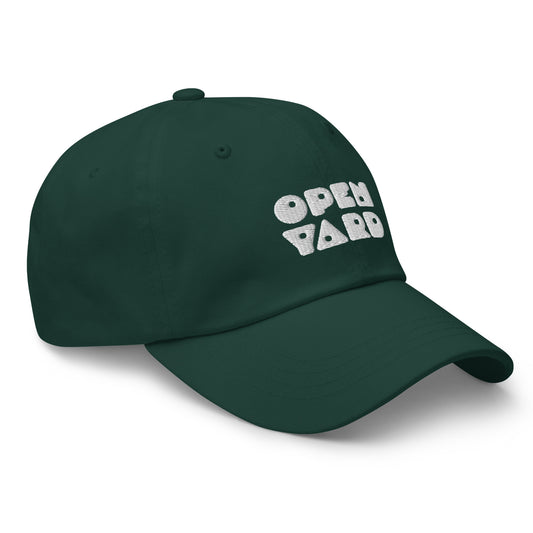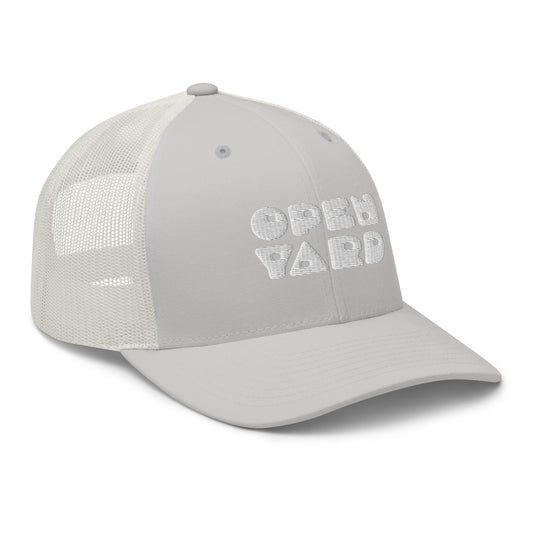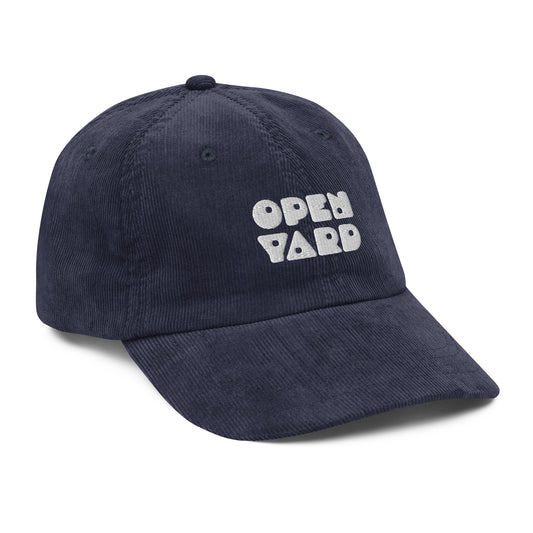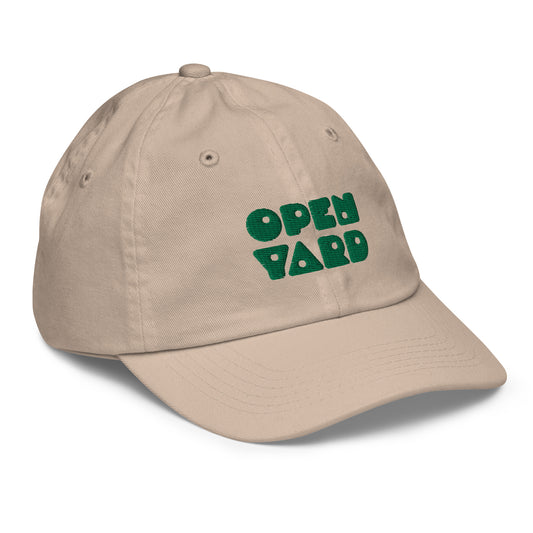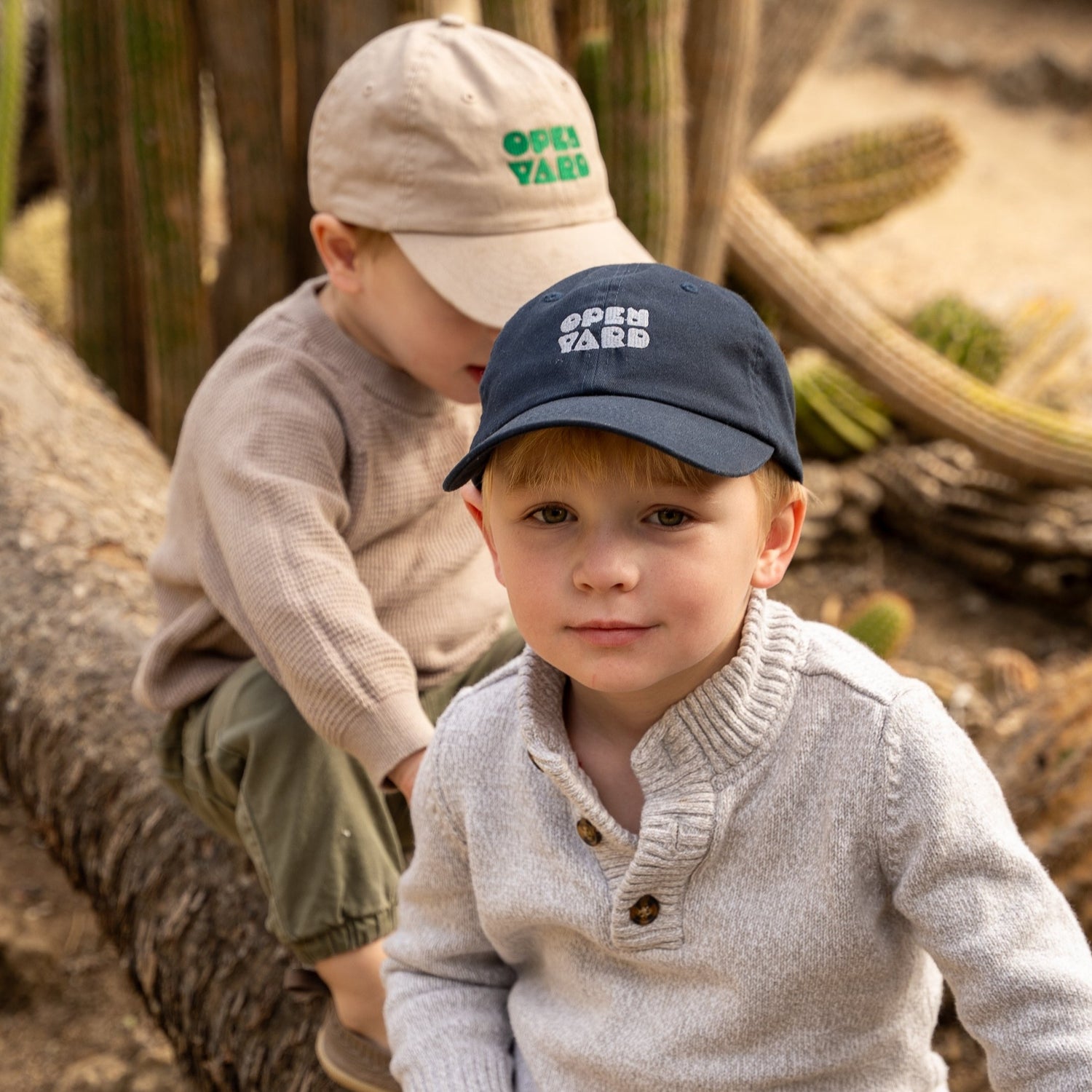
Bringing People Back Together
OpenYard reminds us that meaningful, real-life relationships and thriving local communities start with each of us making a small effort to be good neighbors and good friends. We need this more than ever.
We started OpenYard to support family health.
Then we saw magic overtake entire neighborhoods.
We've learned that it's not just parents craving more real-life connection and a stronger local community. Everyone is craving that.
While we continue to expand access to our personalized relational health app for families, we're openly sharing simple, effective playbooks that anyone do to build stronger communities today.
-
OpenYard Hat
Regular price $36.00 USDRegular priceUnit price / per -
OpenYard Trucker Hat
Regular price $36.00 USDRegular priceUnit price / per -
OpenYard Vintage Corduroy Hat
Regular price $36.00 USDRegular priceUnit price / per -
OpenYard Youth Hat
Regular price $30.00 USDRegular priceUnit price / per
OpenYard's Weekly Playbook
Initiate a weekly neighborhood hang.
Friday happy hour and Sunday afternoons are good times for many people. Use a yard (hence the name), the sidewalk, a common space, someone's home — it doesn't matter where you get together, it matters that you do it.
Keep hanging out week after week for at least 6 weeks.
Host it yourself or trade hosting. Include families with kids, retirees, new neighbors, everyone. It might feel like a strange mix at first. Keep showing up and keep inviting people back. Let the kids of all ages roam together.
Watch your community grow stronger, happier, and more supportive.
Although the idea is simple, there's complex neuroscience behind it. Real-life interaction is one of the most powerful ways to turn off the stress pathways in our brains that drown us in cortisol. Just "hanging out" is good for your health, and very good for kids.
Why it works
- Frequency is a magic potion for belonging. In research, changing only the frequency of social interactions leads to higher experienced vs. expected enjoyment ratings.
- The key to a good life? Deep relationships. The longest study on human happiness, conducted over 80 years by Harvard, delivered a profound conclusion: Good relationships lead to health and happiness.
- Less is more. Keeping it casual and low key lowers social risk as a barrier to connection, and unstructured time together is great for friendships.
- We all live somewhere. Social fabric in local communities has diminished over the last several decades. Building trust, safety, and support networks where we live is invaluable for community repair.
OpenYard's Micro-Connection Playbook
Weave connection into your busy life.
Life moves fast, but meaningful connection doesn't require extra time. The magic lies in the moments you're already living — passing morning coffee to your partner, greeting your neighbor while walking the dog, or asking your child about their day. Start by bringing a touch more presence to everyday interactions.
Pause with a conscious breath.
Before any interaction take one conscious breath. Whether it’s small talk with a colleague, chatting with a parent at school pick-up, or saying goodnight to your partner or child, use this single breath is your transition from autopilot to presence.
Tune in completely to your interactions.
One breath, then focus on just one thing: being fully present with the person in front of you. Not planning what to say next. Not thinking about your to-do list. Just tune in completely.
Why It Works
- Brain Function: A deep breath and real attention trigger good things in our bodies — reduced firing of stress pathways, more connection hormones, and our brains can actually sync up with the other person.
- Small Actions, Big Impact: Research shows these small daily moments build stronger relationships than big gestures. They add up over time and create epistemic trust.
- Universal Tool: The best part? This works with everyone — from your partner to your barista — and you're already having these moments. Just make them count.
When you focus on the small moments, you realize they were the big moments all along.


